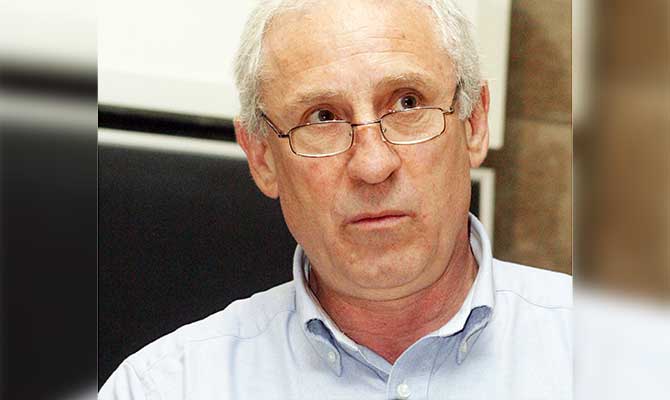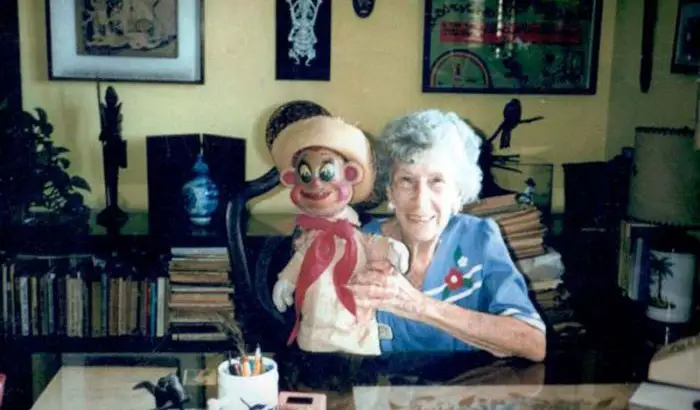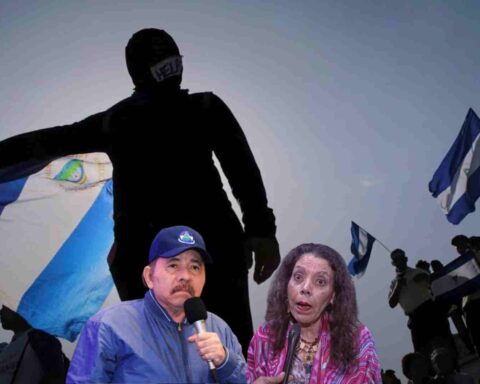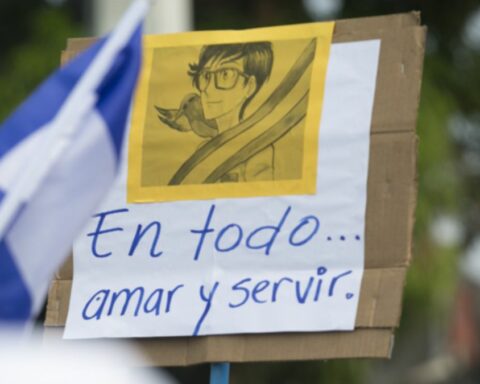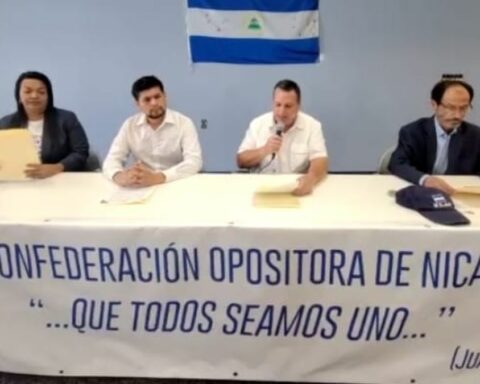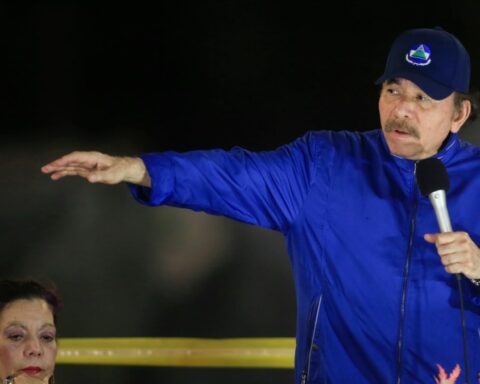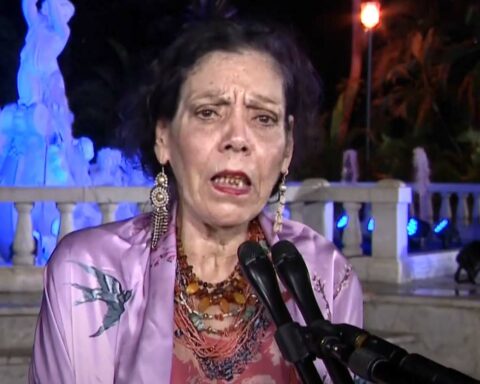The award-winning Irish journalist and author, Peter Murtagh, in his time in Nicaragua, managed to document the situation in the Central American country and the police, stating that regime officials “don’t like journalists and they make them nervous.” In addition, he highlighted the well-received bribes by traffic agents.
He recounts that after entering Nicaraguan territory the authorities questioned his origin and what he did. Answering that he was a journalist took him more time to wait and ask questions, says Peter. «Nicaraguan officials do not like journalists. Or, to put it more neutrally, a journalist showing up at the border seems to make them nervous. First of all, there was the surly attitude,” he said.
Related news: The journey of a Mexican journalist to “infiltrate” Nicaragua
He states that after answering that he was a journalist by profession, the interviewer “disappeared with my passport and press card, leaving me behind the glass partition. After an hour, Ratched came back with a bunch of questions: about my career, what I wrote, if I was still a reporter, why was I entering Nicaragua, where was I staying, when would I be leaving and what border crossing did I enter, etc. etc I answered them to the best of my ability, saying that I couldn’t answer many because I was walking day by day and going where the trip took me. I am not sure that he could handle this concept and he continued to search for unchangeable answers about my plans, “says the report published in the Irish newspaper The Irish Times.
“You know, this is the first country where I have been asked such questions. Why do you ask them? I said. After an hour and a half, they called me to the screen, they stamped my passport and I was able to enter. No explanation offered,” Peter added.
The journalist points out that on his journey along the Pan-American highway, after being detained for a long time at the border, he found a patrol with two traffic officers “after about 10 kilometers along this very straight road, supported by a paramilitary police colleague armed with an automatic rifle, stopped me. No other vehicles in the line of, I believe, four vehicles were stopped. The conversation was brief: I was required to have a passport, license and other motorcycle documents. I handed over everything including insurance coverage and they were scrutinized in detail. The officer in charge of the affairs returned them, except the license.
“He said that there had been a violation, a violation, and that he was going to give me a ticket and he was going to withhold my license. I said that there had been no violation, that I was in a line of vehicles and I was the only one arrested. What was that for? Surprise surprise, he wasn’t interested. But, surprise surprise again, you could pay the fine now. And how much could that be? He said $20′.
“I took out my wallet and he moved very close to me, shielding me from the view of passing motorists. I counted the $20, some fives, and many ones, and kept moving so everyone passing by could see what was happening. Every time he did, he would come closer to me until I put my arms on his right shoulder and counted the money behind him, as it were, in full view of the passing cars. He did not like that », recounts the journalist.
He affirms that there was another checkpoint in front where they also detained him, but this time he had an intermediary and managed to expose the situation that minutes before he had experienced with the traffic officers, for which reason they let him go without asking for money.

